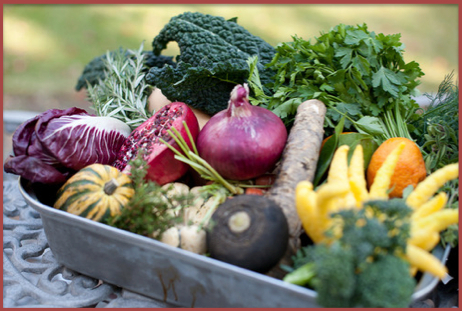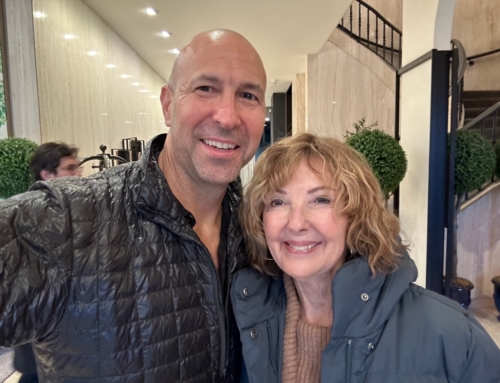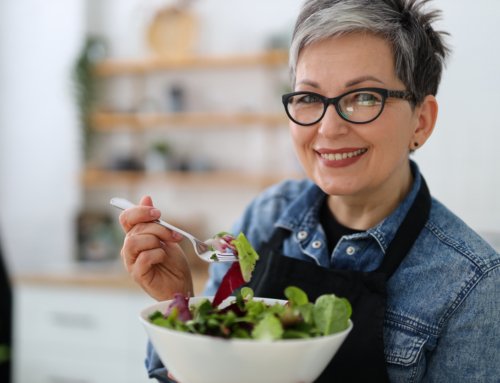The science of nutrition has become one of our great modern paradoxes. The more we learn about nutrition in the US, it seems, the fatter and sicker we get. In some ways, the last 50 years in our country has been a huge experiment in what not to eat. Why has that happened? And what can each of us do about it?

The good news is that you don’t have to know anything about nutritional science to eat well. Just as you don’t have to know how every part of an engine works to buy a great car, you don’t have to know every particular of nutrition to feed your body well. As author Michael Pollen says, we human beings have been remarkably successful for thousands of years at deciding what to eat, without the help of nutritionists or the FDA. Nature’s taken care of that for you! Our bodies are designed to function optimally on whole foods.
If nutritional science is complex, daily nutrition can be very simple: the closer to nature your foods are, the healthier you’ll be! Here are some Nimble rules to eat by:
*Avoid canned and prepackages foods, including frozen meals and anything made to cook in a microwave
*Eat whole foods, organic whenever possible (if there’s any ingredient that you can’t pronounce or don’t recognize, don’t eat it!)
*Avoid the “white devils”—processed white sugar, processed white salt and white flour. These foods have been stripped of their nutrients, so they just represent empty calories to your system. Choose organic raw sugar, organic sea salt and organic whole wheat flour instead.
*Make the switch to cooking with olive oil—if you don’t use it already, olive oil is a healthy and great-tasting way to prepare a huge variety of dishes.
*Embrace variety—expand your repertoire of whole foods and try different combinations of meats, seasonal fruits and vegetables and whole grains. Enjoy!
-Keith Paine
.





